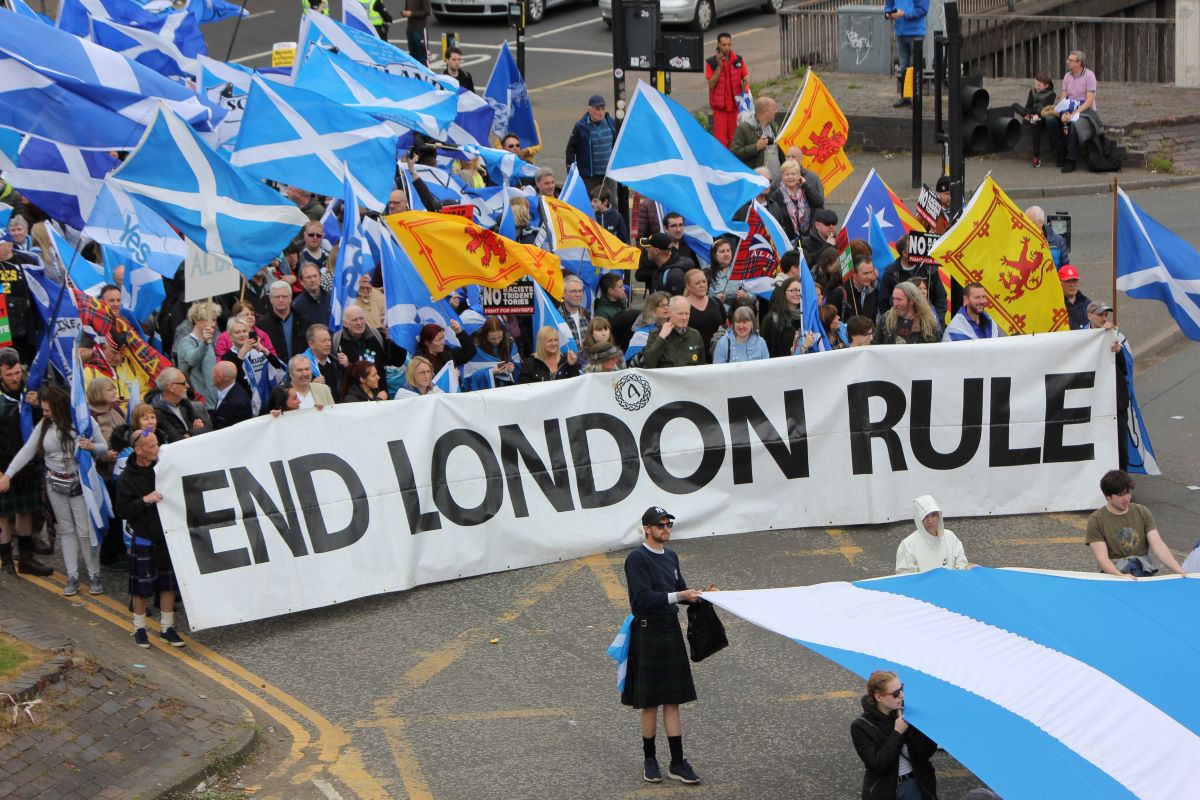The rift between Scotland and England is as deep as Loch Ness and just as murky. For centuries, the Scots have harboured a profound disdain for their southern neighbours. Here are 20 reasons why this age-old resentment still burns brightly.
1. Historical Grudges

From the Wars of Scottish Independence to the Battle of Culloden, the Scots remember a history of English attempts to dominate and subjugate their nation. These events still resonate today, fostering a lingering sense of injustice and resistance.
2. The Act of Union (1707)
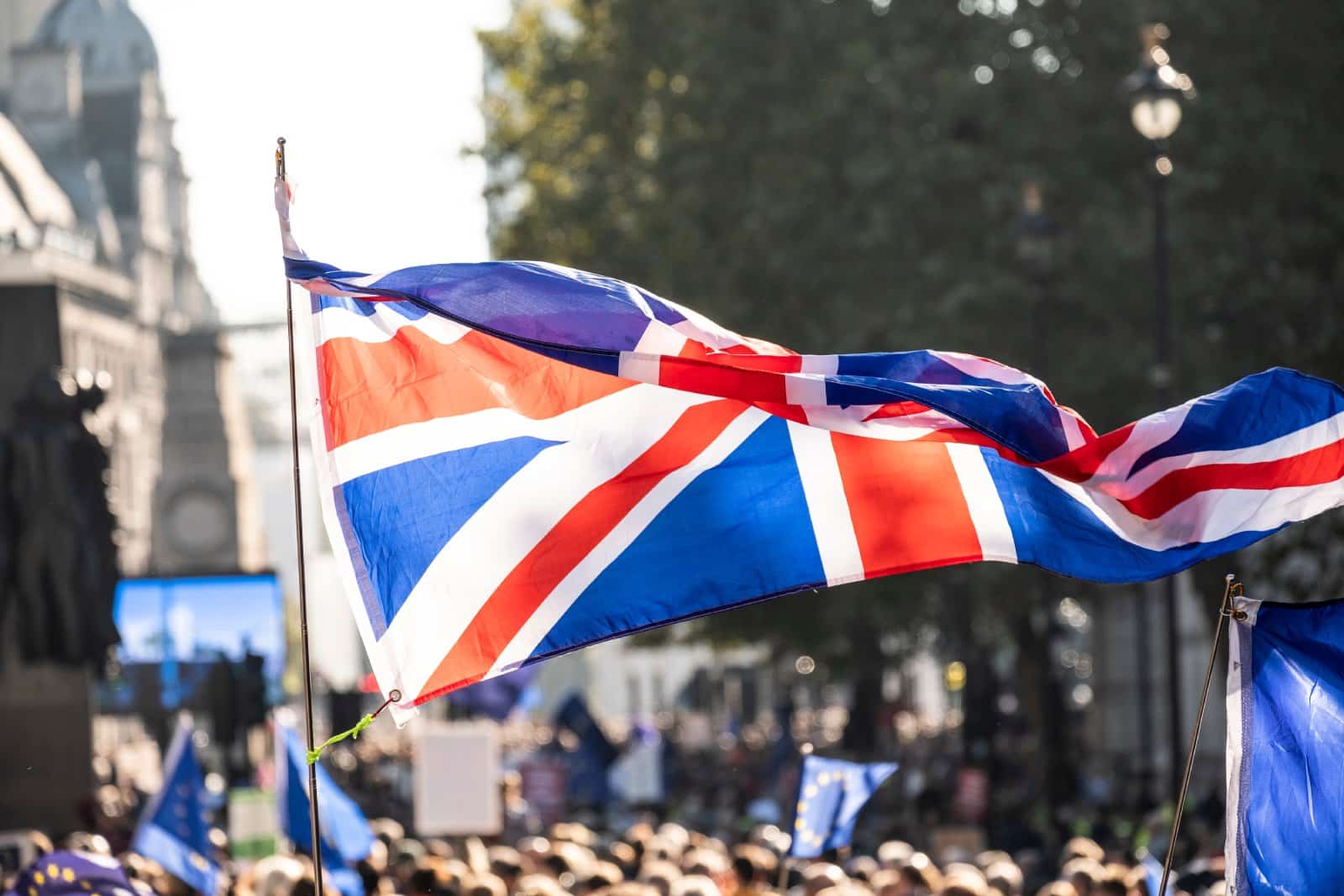
The Act of Union, which merged Scotland and England into one kingdom, is often viewed as a coerced agreement that sacrificed Scottish sovereignty. Many Scots feel this historic event marked the beginning of a long period of political and cultural domination by the English.
3. Economic Disparities
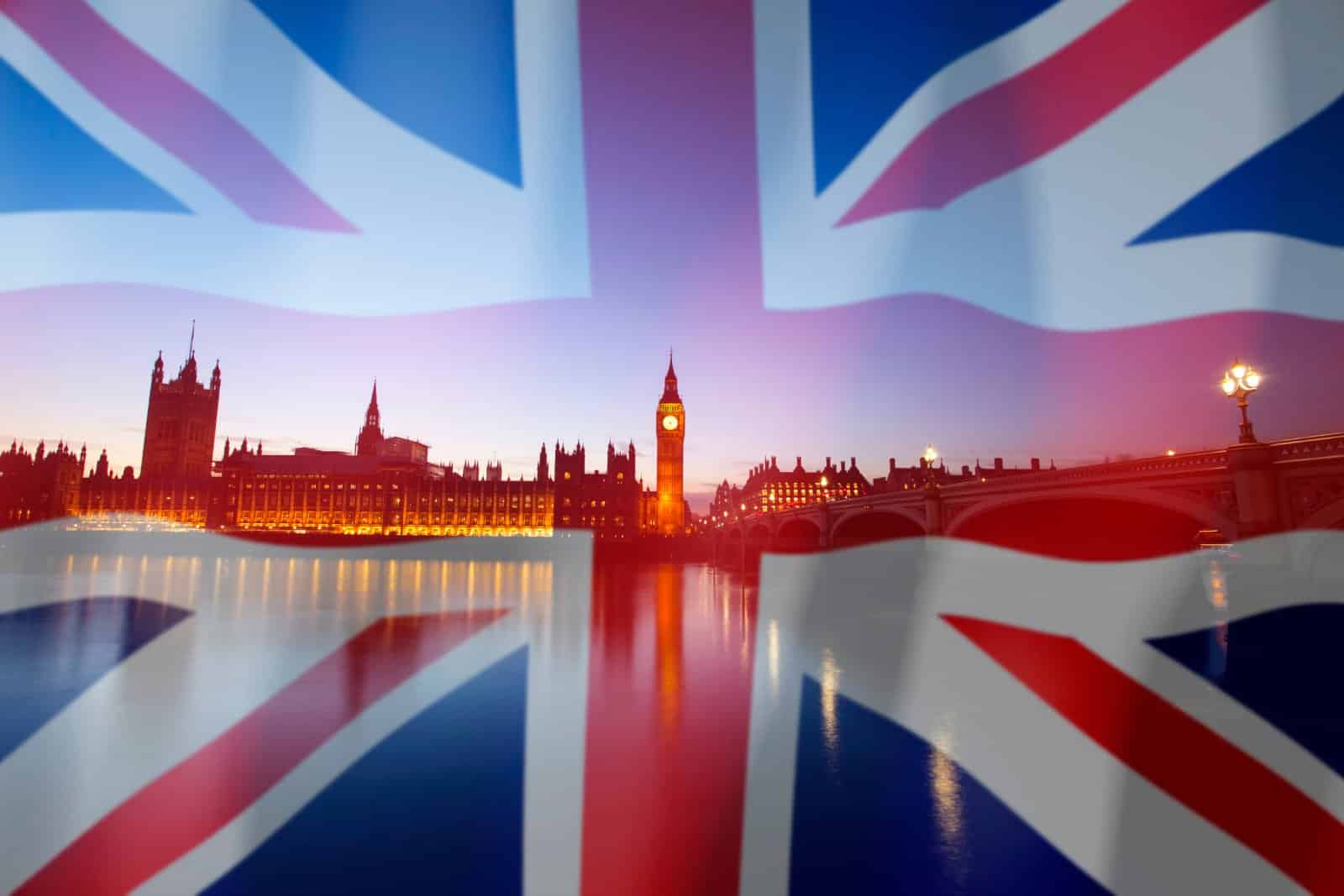
There’s a perception that the UK’s economic policies favour London and the South East of England at the expense of Scottish regions. This perceived economic marginalisation fuels resentment, especially when Scots feel their resources, like North Sea oil, benefit the UK more broadly than Scotland itself.
4. Political Dominance
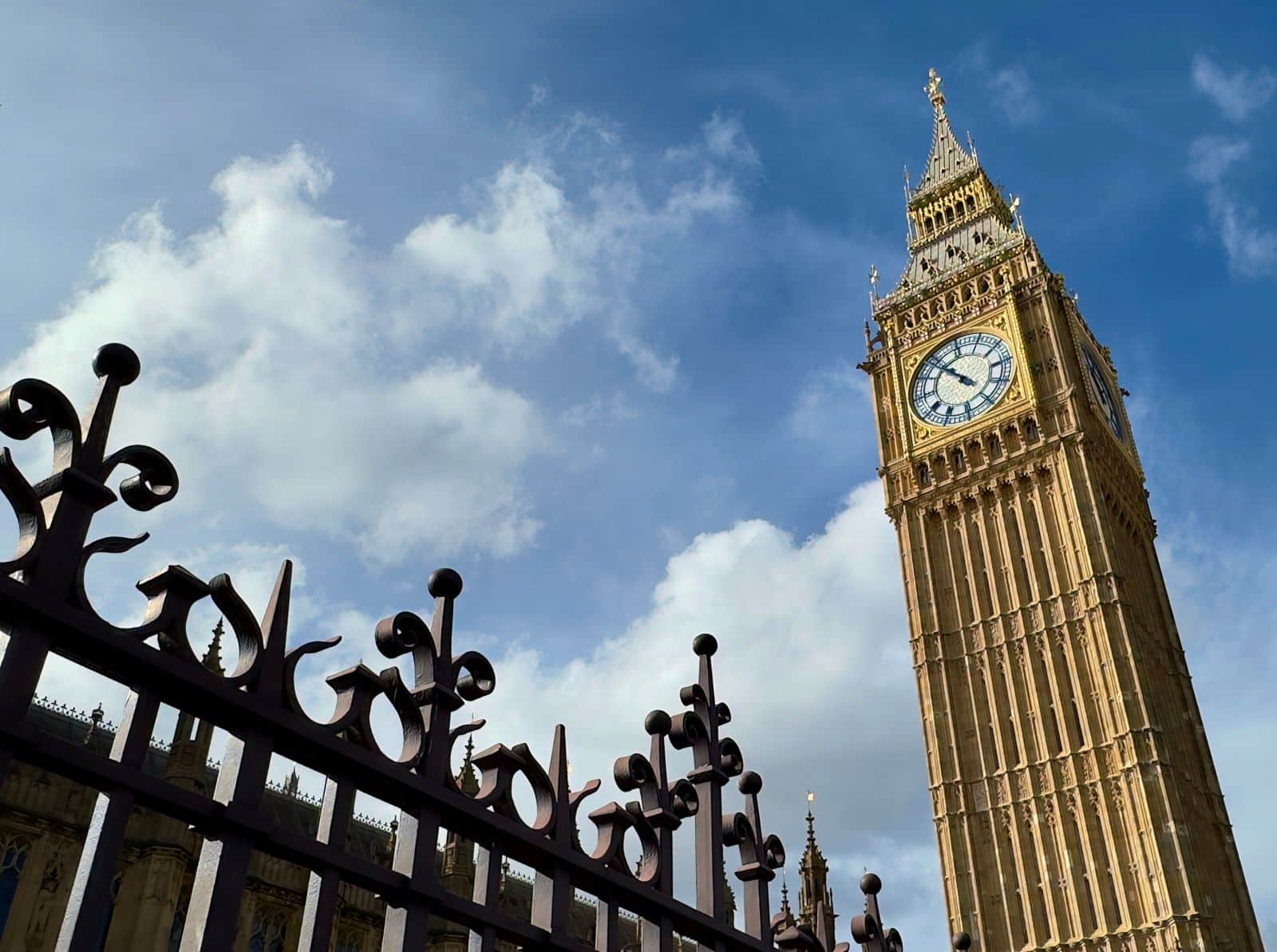
The UK Parliament in Westminster is often seen as being dominated by English interests, leaving Scots feeling underrepresented. This dynamic was highlighted by the frustration over Brexit, which Scotland voted against but was still subjected to.
5. Brexit
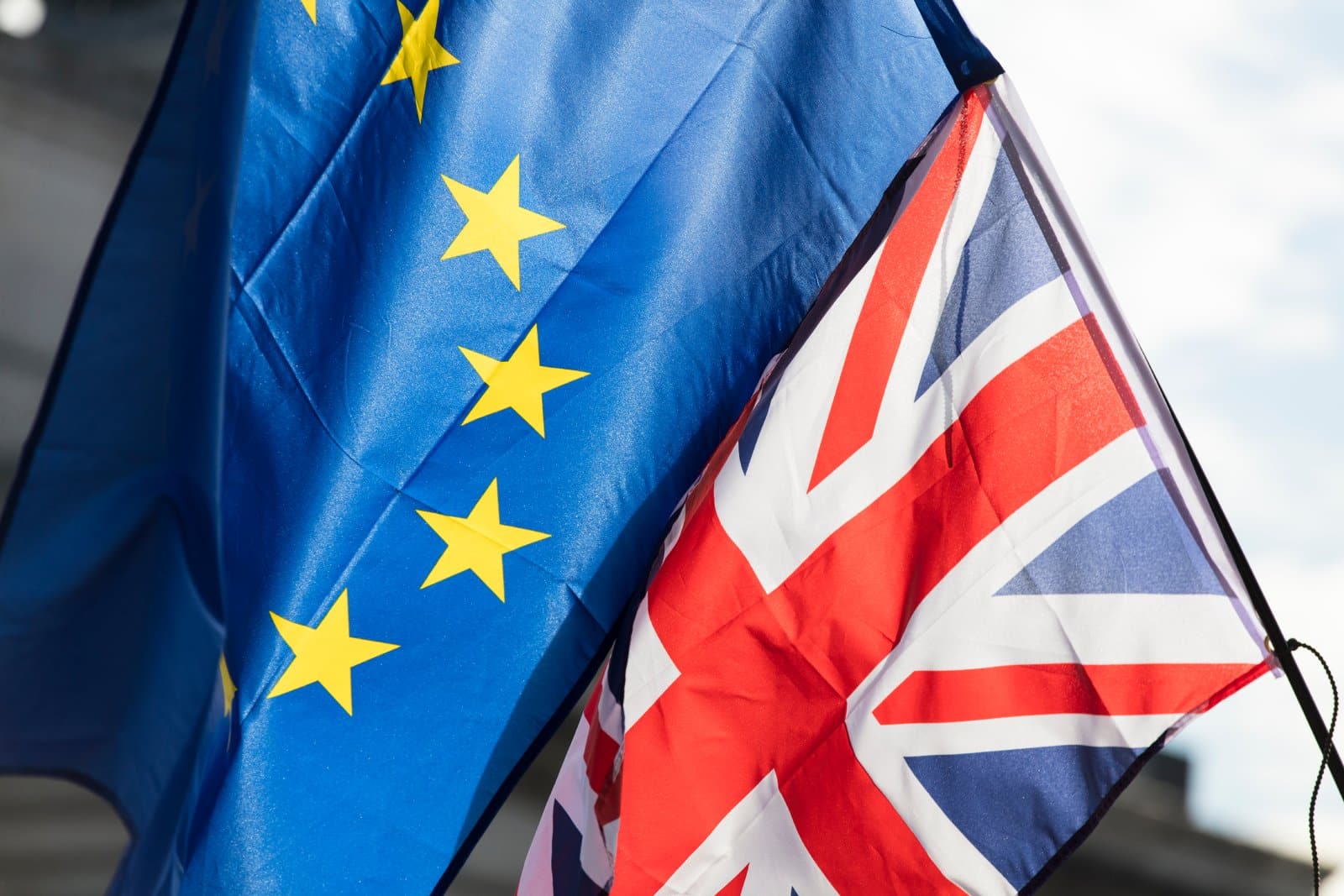
Scotland voted overwhelmingly to remain in the EU in the 2016 Brexit referendum, yet the UK as a whole voted to leave. This has caused significant resentment towards English voters who swayed the result, exacerbating feelings of political disenfranchisement.
6. Cultural Imperialism
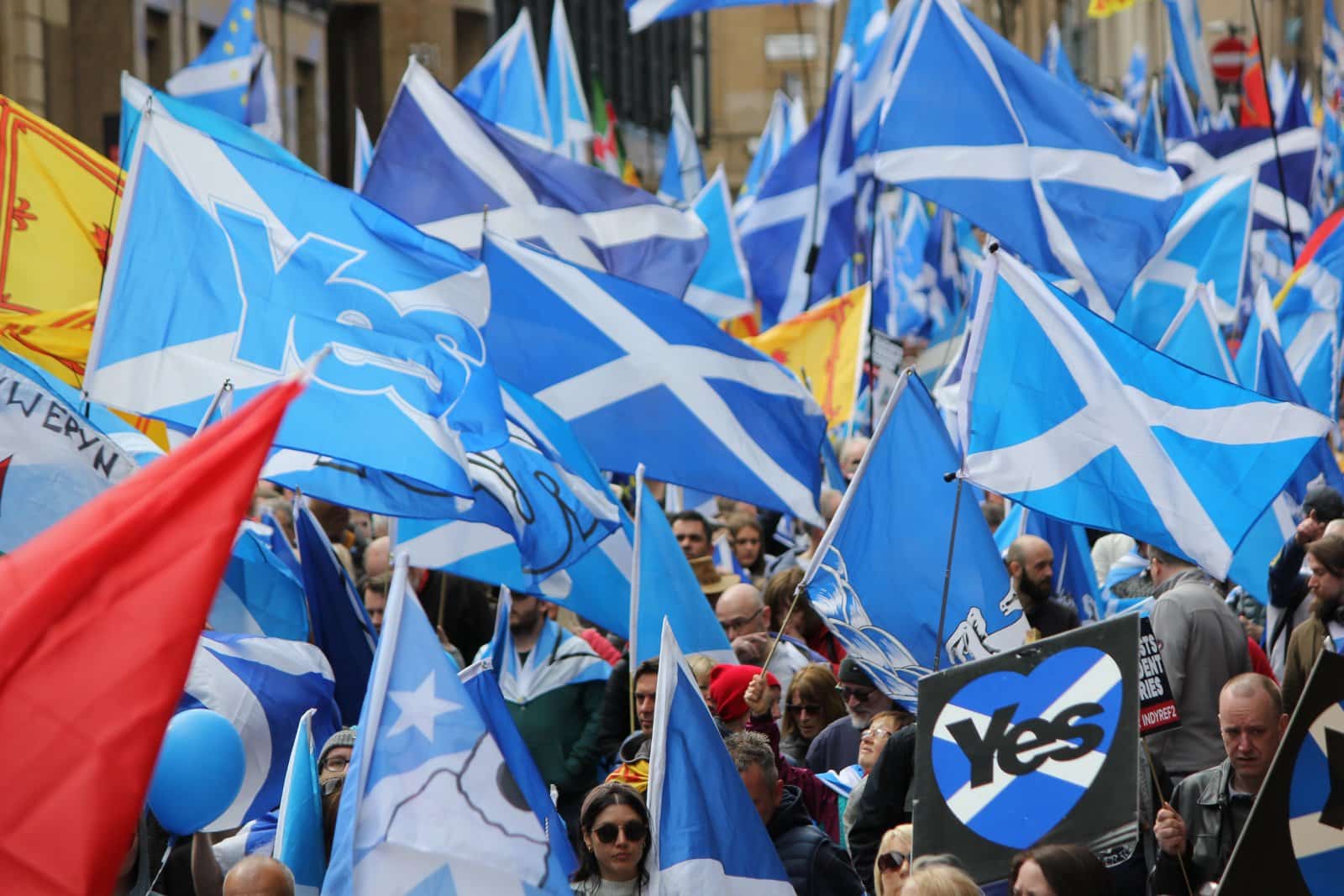
Many Scots feel that English culture and language have historically been imposed on them, leading to a suppression of Scottish identity and heritage. This cultural imposition is often seen in education, media, and public life.
7. Sporting Rivalries

Intense rivalries in football and rugby often heighten nationalistic sentiments. Matches between Scotland and England are more than just games; they’re battles for national pride.
8. Media Representation

The UK media, largely based in London, is often perceived as biased towards English perspectives, leading to frustration among Scots who feel their views and issues are underrepresented.
9. Royal Imposition
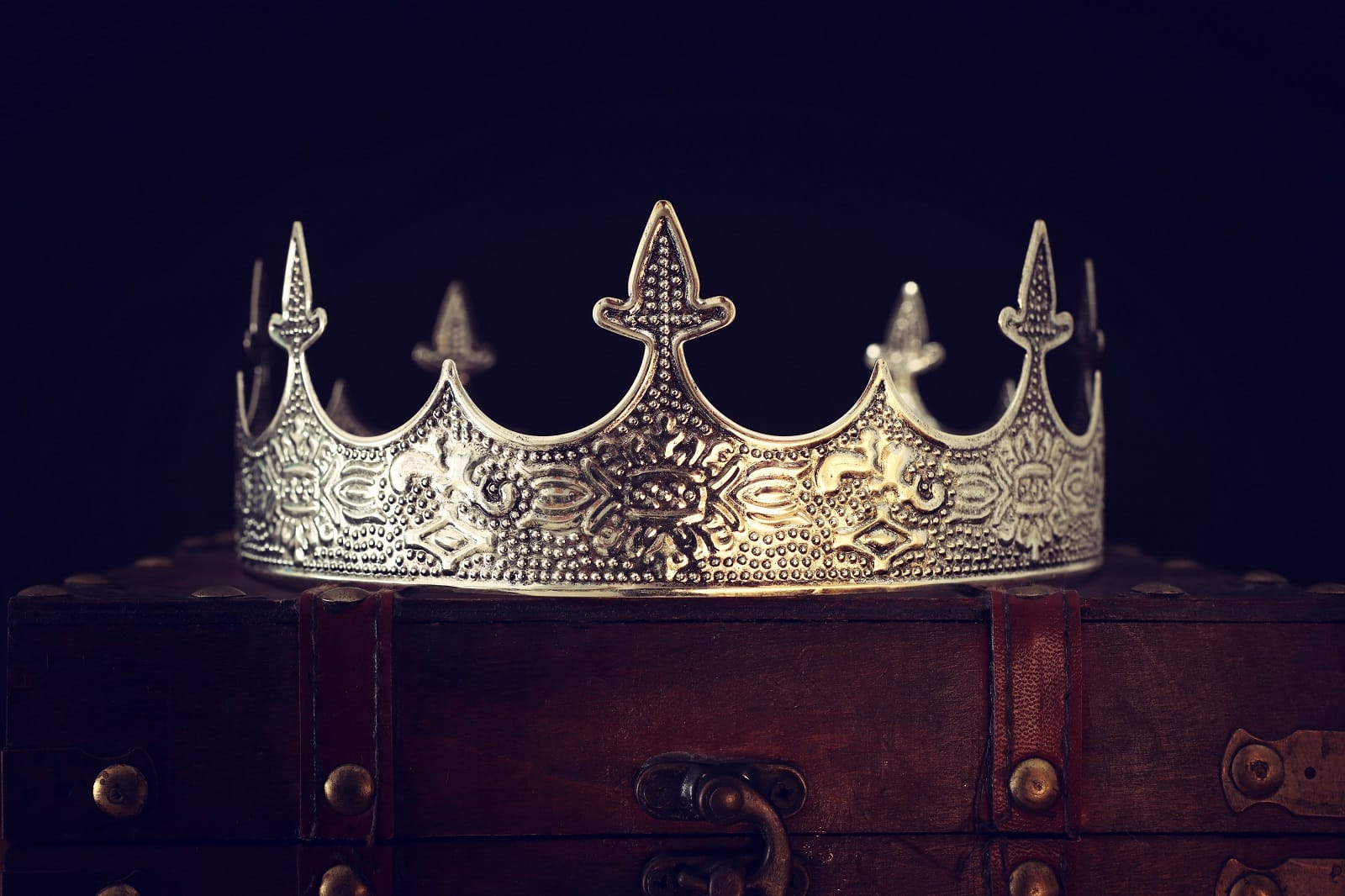
The imposition of the English monarchy, particularly after the Union of the Crowns, is seen by some as an erosion of Scotland’s royal heritage and independence. This resentment is sometimes revived during royal events and celebrations.
10. Economic Exploitation

Scots feel that their natural resources, such as oil and whisky, are exploited for the benefit of the UK economy, with insufficient returns for Scotland. This perception of economic exploitation continues to fuel calls for greater autonomy or independence.
11. Social Welfare Policies

Differences in social welfare policies and priorities between Scotland and England often highlight the broader political and cultural divide. Scots tend to favour more progressive social policies, while they perceive English policies as more conservative and austerity-driven.
12. Identity Politics

Modern Scottish identity is often defined in contrast to English identity, emphasising distinct cultural, social, and political values. This sense of identity politics reinforces feelings of separateness and resentment.
13. The SNP and Independence
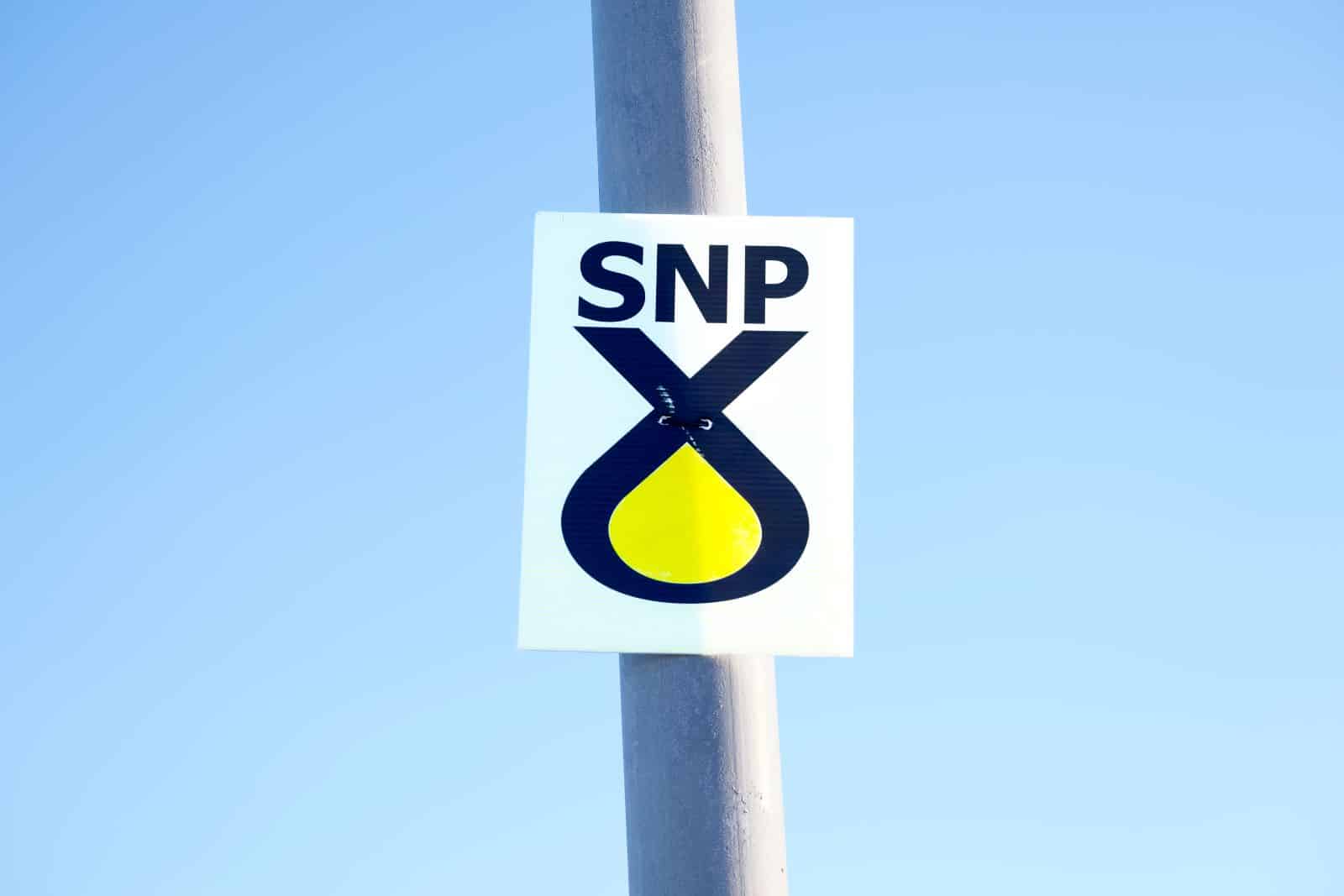
Figures like Nicola Sturgeon and Mhairi Black of the Scottish National Party (SNP) are vocal advocates for Scottish independence. The SNP’s increasing popularity and its push for another independence referendum highlight ongoing dissatisfaction with English-dominated UK politics.
14. Nuclear Weapons

The presence of the UK’s nuclear deterrent, Trident, in Scotland is a point of contention. Many Scots oppose the hosting of these weapons, seeing it as another imposition by the English-dominated UK government.
15. The Referendum Deception
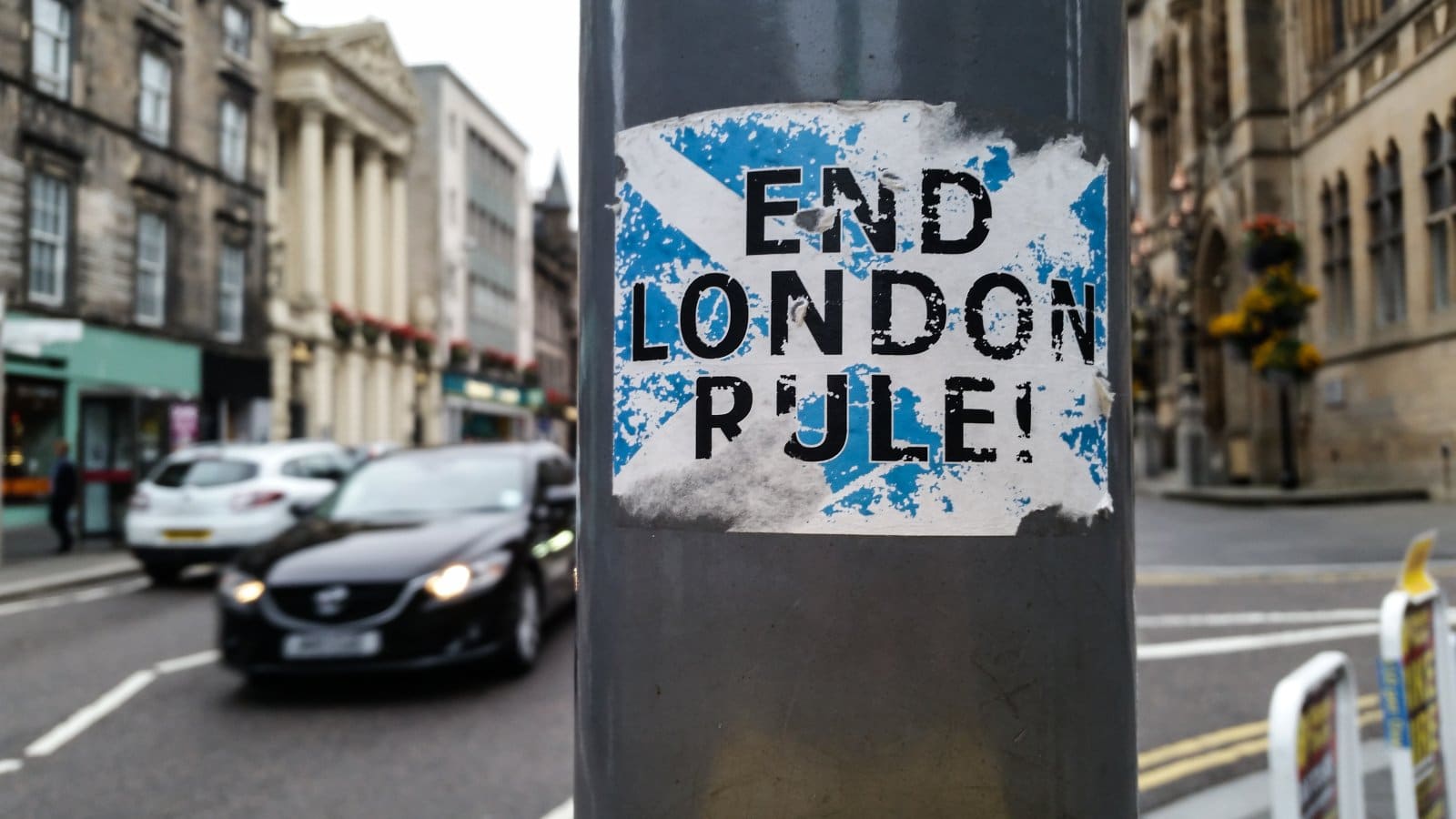
Many Scots feel they were misled during the 2014 Independence Referendum campaign, particularly regarding promises of greater devolution and the impact of Brexit. This perceived betrayal has rekindled calls for independence.
16. Regional Neglect
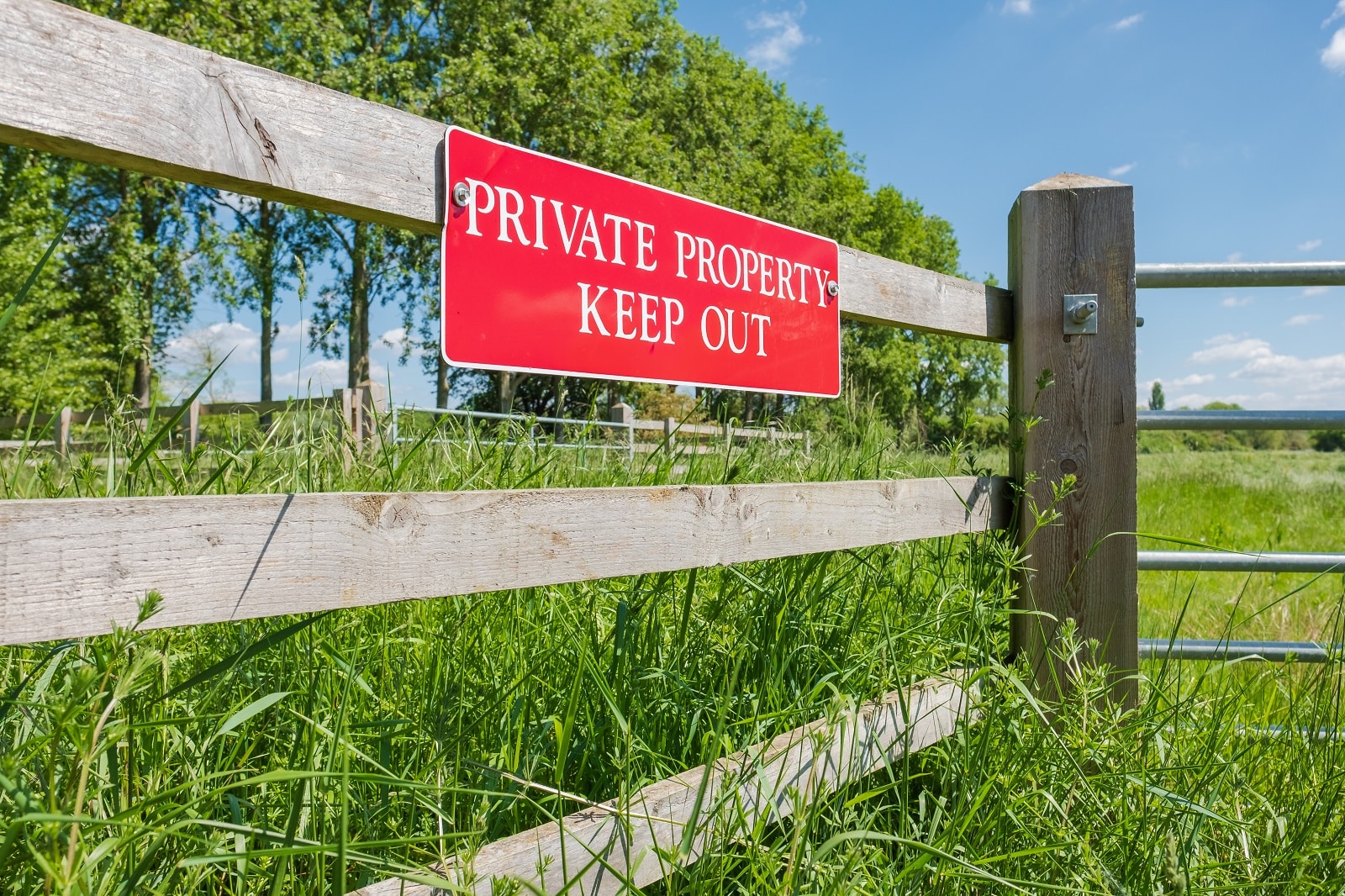
There’s a strong belief that Scotland, especially rural areas, is neglected in terms of infrastructure and investment compared to regions in England. This neglect reinforces the sense of being second-class citizens within the UK.
17. Religion

Historically, religious differences, especially during the Reformation and subsequent conflicts, have contributed to the divide. While less of an issue today, these historical tensions still linger in certain contexts.
18. Public Figures and Scandals

Controversial English political figures often exacerbate resentment. For example, figures like Boris Johnson are seen as out of touch with Scottish concerns, leading to further distrust and disdain.
19. Cultural Insensitivity

There is a perception of cultural insensitivity from the English towards Scottish traditions and values. This insensitivity can be seen in both casual interactions and institutional policies.
20. Differing Politics

The political landscape in Scotland often contrasts sharply with that of England, particularly regarding issues like healthcare, education, and welfare. Scots generally lean more towards progressive policies, while English politics is seen as more conservative, leading to frequent clashes and dissatisfaction.
Deep Divides
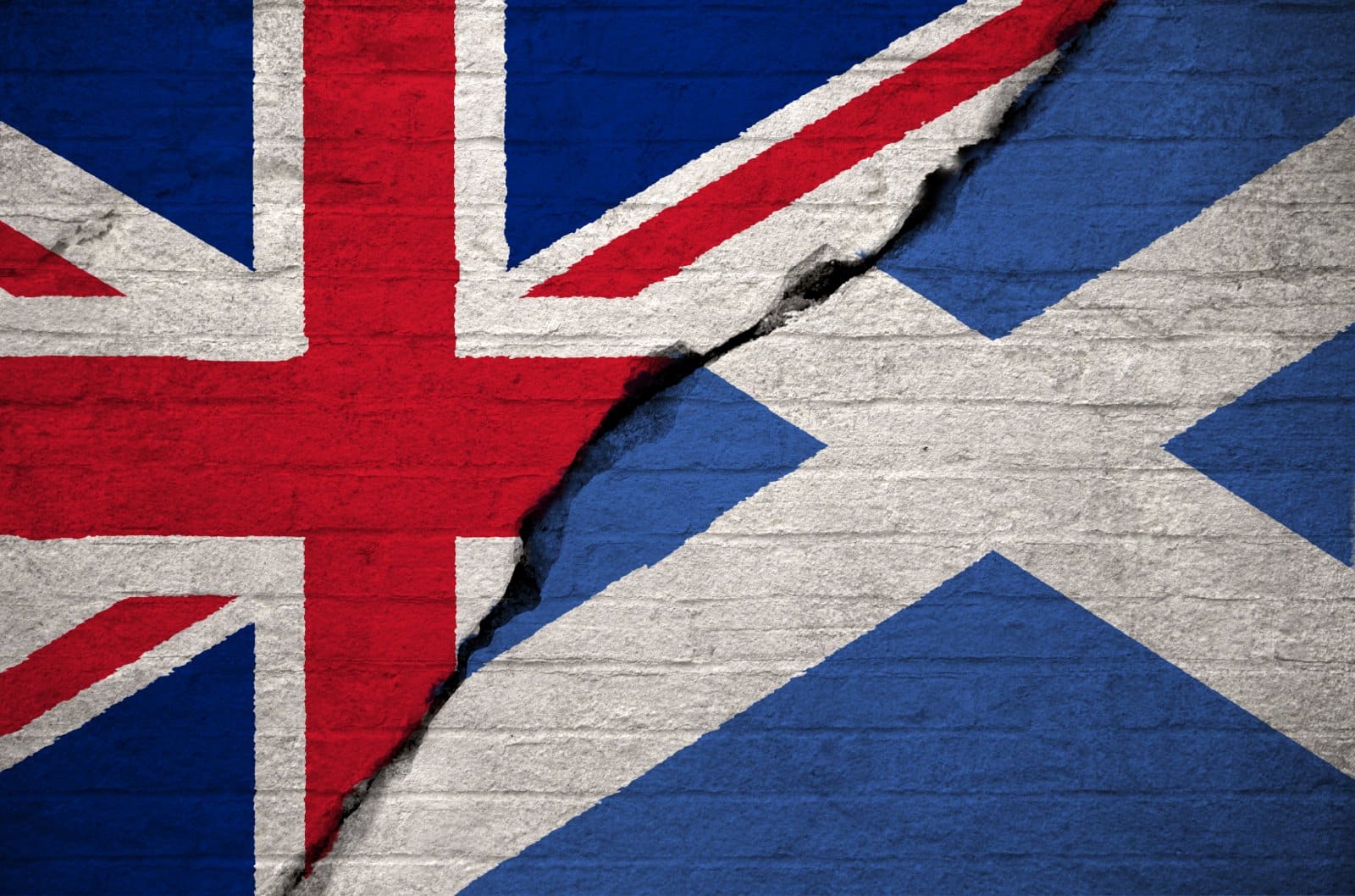
The historical, cultural, and political grievances between Scotland and England run deep, influencing modern relations and fueling the ongoing debate over Scottish independence. These issues highlight the complexities of national identity and the challenges of balancing regional and national interests within the UK.
Russia Retreats as Western Allies Greenlight Ukraine’s Offensive

Recent Russian territorial gains in Ukraine could be reversed following a dramatic policy change from the US and Germany. The announcement could see a substantial tactical shift from both sides in the coming months. Russia Retreats as Western Allies Greenlight Ukraine’s Offensive
21 Lies You’ve Been Told About the British Royal Family

Ever thought you had the British Royal Family all figured out? Think again! From their powers and privileges to their personal lives, there are plenty of misconceptions floating around. Let’s dive into the myths and uncover the truths that might just surprise you. 21 Lies You’ve Been Told About the British Royal Family
18 Nations Tired of British Tourists

British tourists are known for their high spirits and adventurous nature, but not all countries appreciate their presence. Here’s a candid look at 18 countries where British tourists might not be as welcome as they think. 18 Nations Tired of British Tourists
Featured Image Credit: Shutterstock / Gavin Brownlie.
For transparency, this content was partly developed with AI assistance and carefully curated by an experienced editor to be informative and ensure accuracy.

